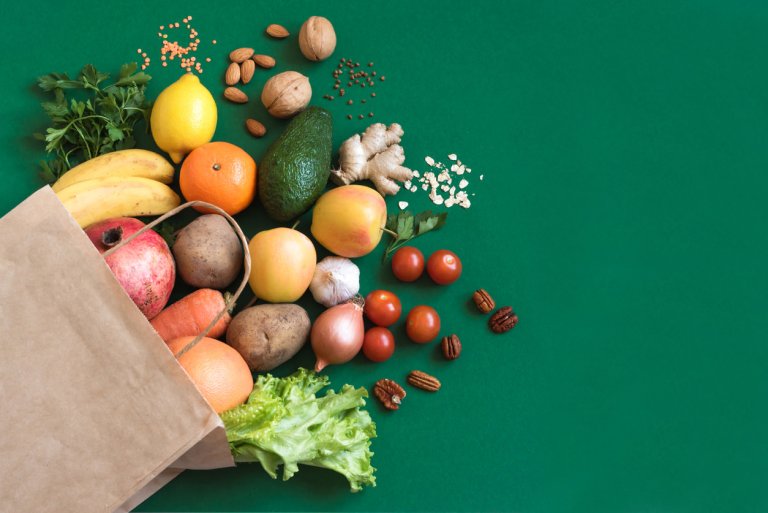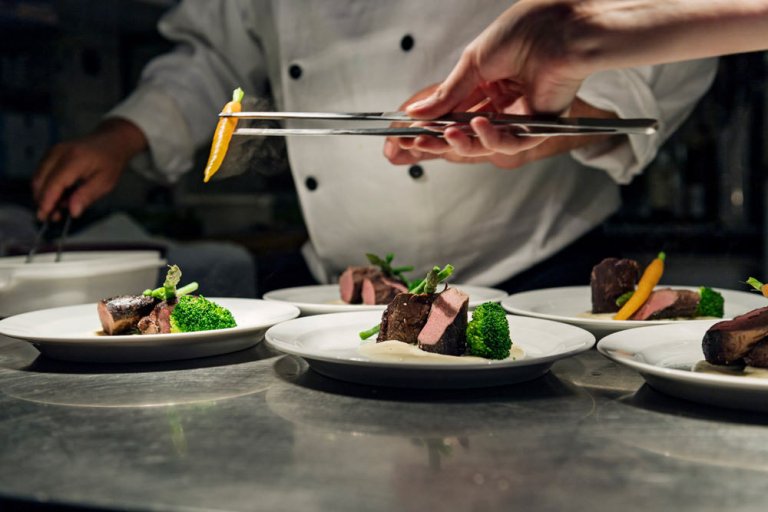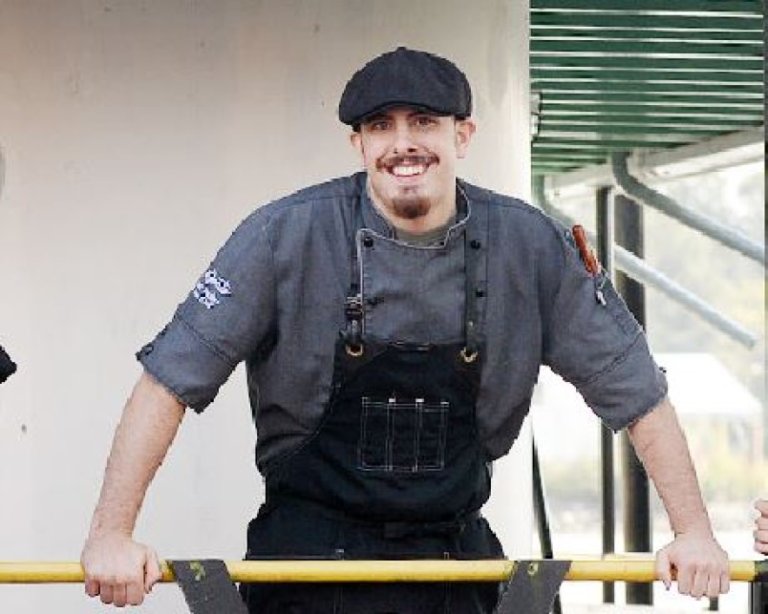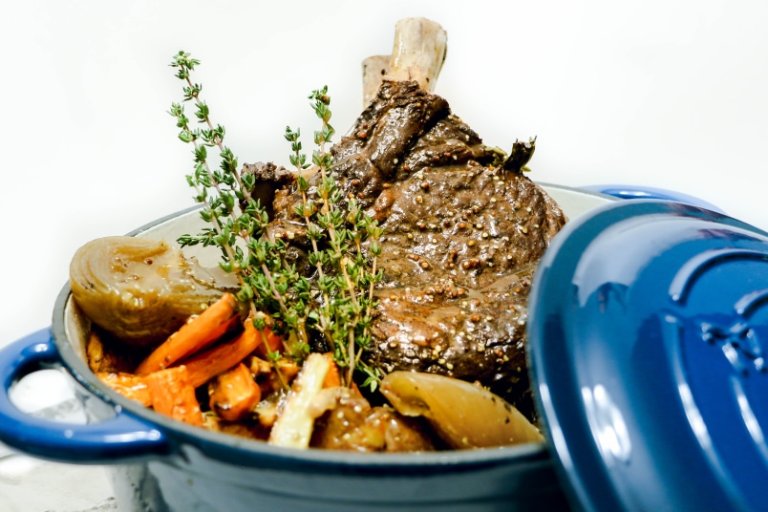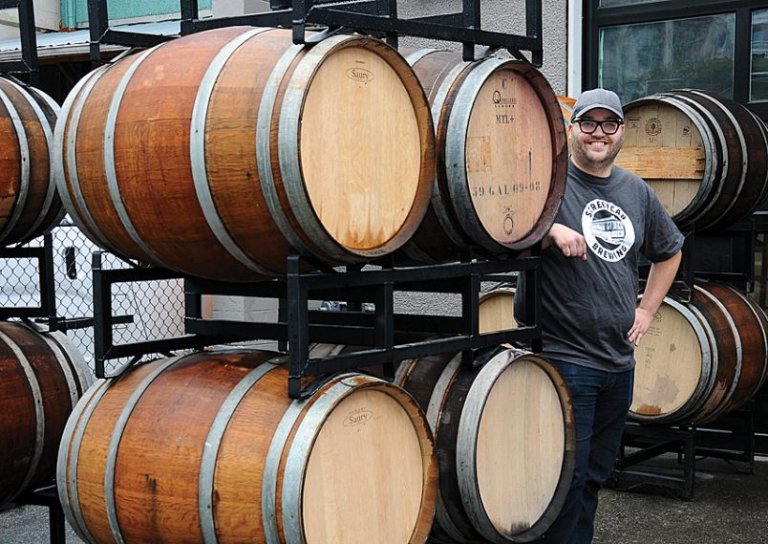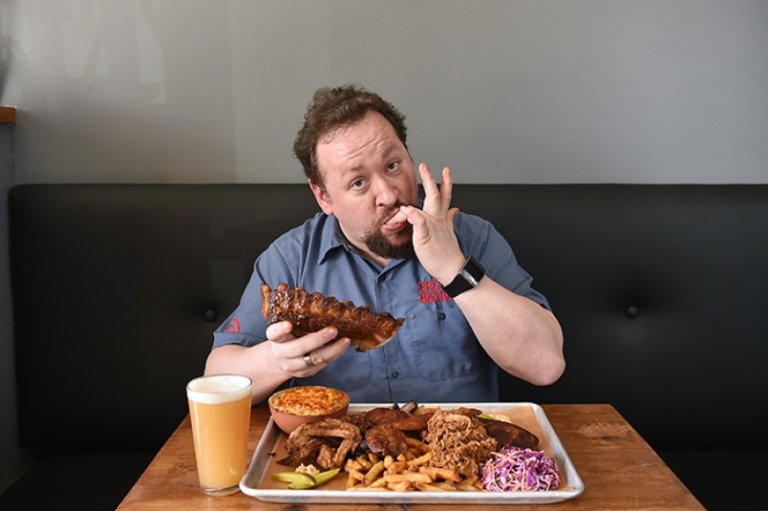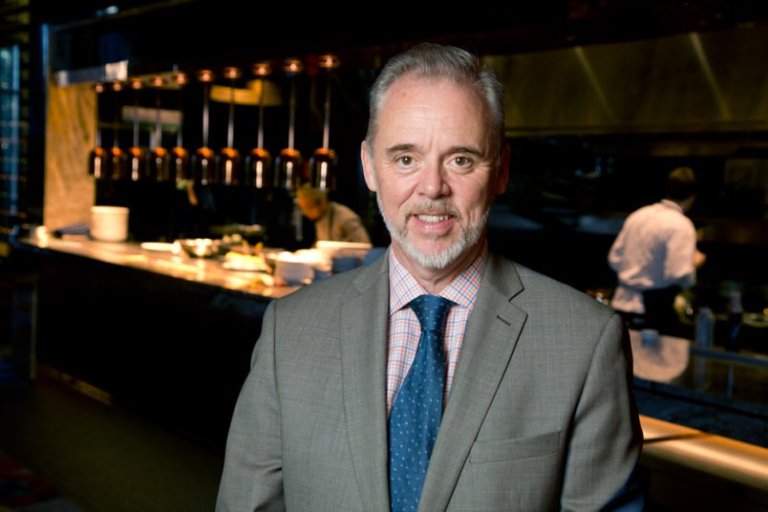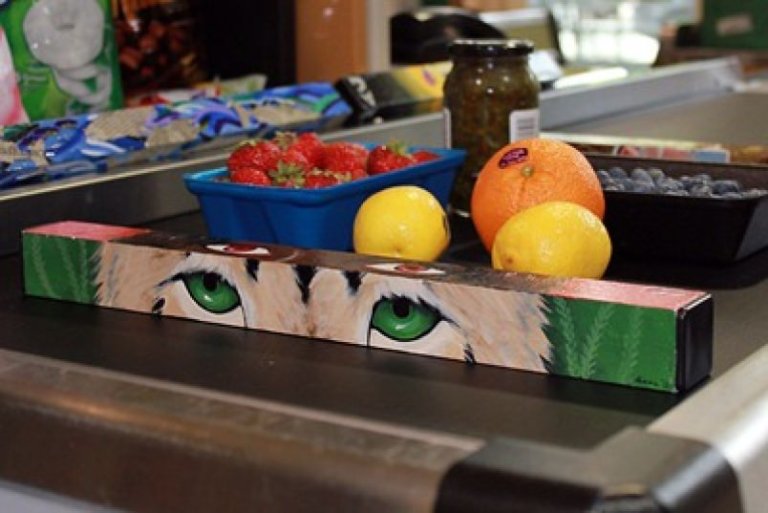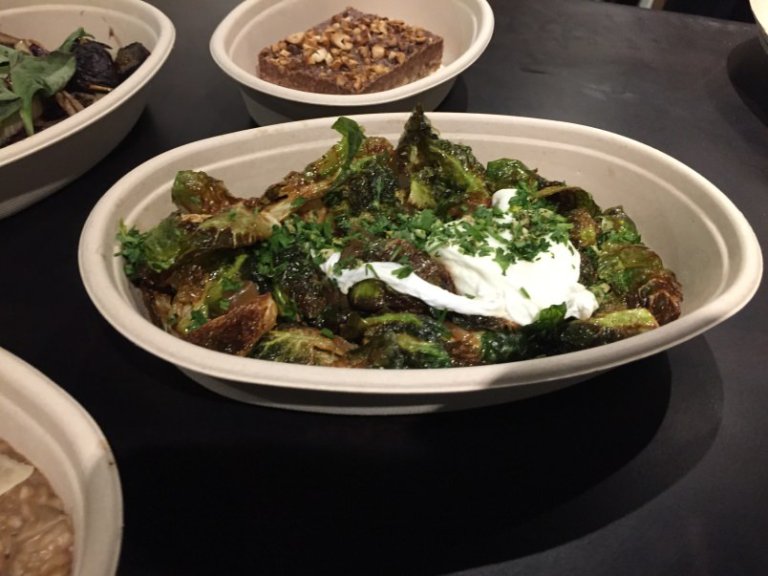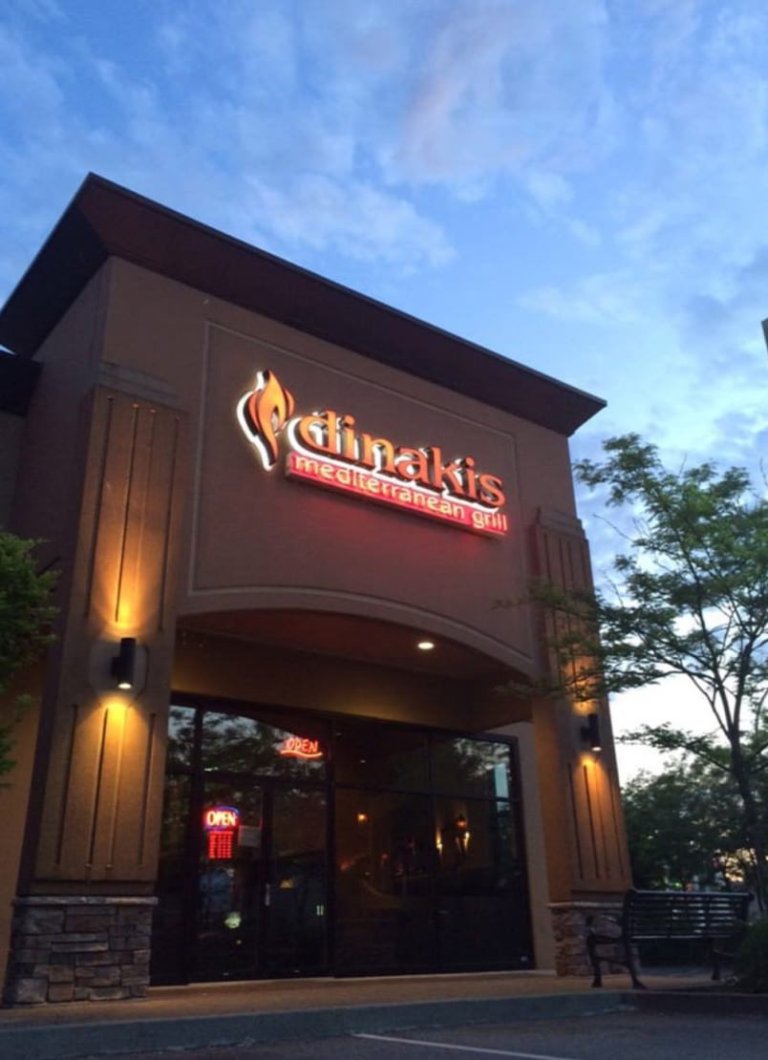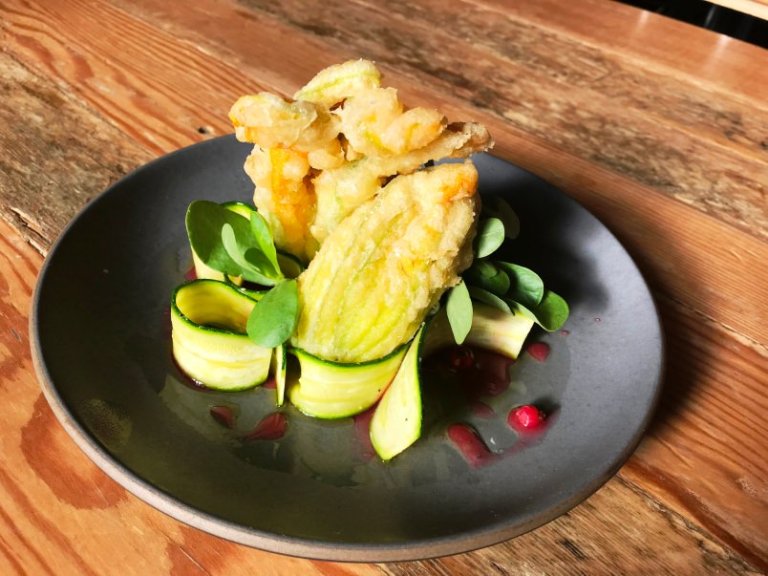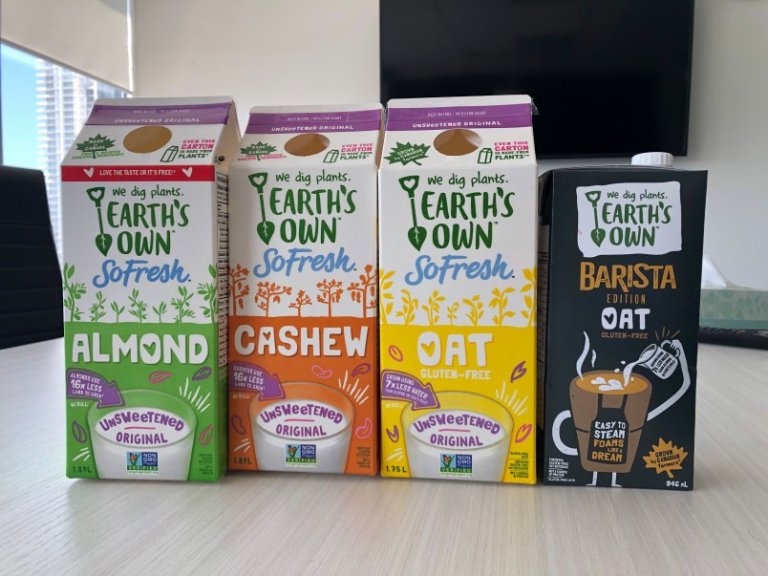Back
Why this 25-year-old decided to be an egg farmer in B.C.
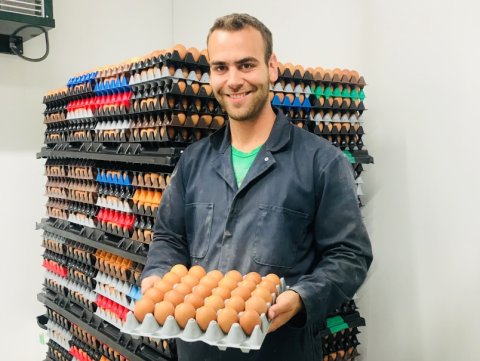
When you think about the industries the youth of today will enter in the future, egg farming isn’t the first thing that springs to mind.
But the farming lifestyle is starting to attract not only a younger crowd, but also a new crowd.
One in five egg farmers are new to the industry and 30 per cent are under the age of 45, according to the Egg Farmers of Canada.
Jared de Dood is one of them. He’s B.C.’s youngest egg farmer and part of what the industry dubs the “next generation of agricultural leaders.”
The 25-year-old started his own layer farm, Okanagan Riverbend Poultry, in Grinrod, near Salmon Arm, in May this year and hasn’t looked back.

de Dood grew up on his parents’ farm, which is also in Grinrod, Farmer John’s Market, and now proudly says he’s a third generation dairy farmer and first generation egg farmer.
On average, a Canadian will crack, scramble, fry or boil more than 242 eggs a year, and every one of them is sourced from a local farm.
In B.C., about 131 registered farmers raise almost three million layer hens, which produce more than 82.3 million dozen eggs.
de Dood runs the smallest egg farm in the province, with around 3,200 free range and organic hens.
“The average farm in British Columbia has about 17,000 hens, which shows how small I am,” de Dood said over a phone chat.
“I’m still going through my first year right now and learning.
“I plan to be in the industry for most of my life and hope to get up to that mark one day.”
He got his start in egg farming through BC Egg's New Producer Program.
"Without the program I probably wouldn't be egg farming," de Dood said.
“It allows you to start up with a small number of birds and be self-sufficient and provide for the farm and your family."
With ongoing support and education, the program offers young farmers a solid base and network to succeed.
“The program was so inviting. To be able to call up other farmers at any time and ask them questions is so valuable and insightful," de Dood said.
Farmers across the country are also making their mark in the industry through Egg Farmers of Canada's National Young Farmers Program.
Judi Bundrock, EFC’s chief marketing and communications officer, said the program was a mix of online and face-to-face learning modules to give newcomers the support and information they needed to get started.
She said experienced farmers had taken a leadership role in “really nurturing the next generation of egg farmers through the program.”
“It’s what they love; they’re passionate about it,” Bundrock told the Courier.
“It gives new egg farmers a good opportunity to create a network but it also helps us because we have young educated people who become our ambassadors.”
Since the program began five years ago, 48 men and women between the ages of 18 and 45 have graduated.
The stability of the industry and supply management are drawcards for younger generations, said Bundrock.
In a nutshell, supply management is a quota system that helps avoid the over or under production of eggs, which creates a fair and stable return for farmers.
“I think there’s lots of different reasons why people would choose egg farming,” Bundrock said.
“It might just be wanting to get out of the grind of city life and trying something new.
“But it is also a stable market and it allows for a career path for a young family.”
de Dood agreed supply management was a big contributing factor when it came to making his decision to start his own farm.
“It means farmers aren’t competing in any way. We’re all working towards the same goal," he said.
While de Dood may still be packing egg cartons by hand with his girlfriend most afternoons, these days there’s technology that makes running an egg farm, perhaps, a little more millennial friendly than it used to be.
In true Gen-Y style, de Dood said his laying barn could be controlled and monitored through an app on his phone, if it needed to be.
The state-of-the-art control system, as most farmers may be savvy to, is called MAXIMUS.
“The technology has come a very long way. Even in the last 10 years,” de Dood said.
“I can literally control my barn all through my phone now if need be.
“I could be in Hawaii and if something happened I could change it if I needed to, on certain things.”

He said MAXIMUS, allowed him to track any changes in the barn relating to ventilation, heating, water management, feed management, power consumption and even biosecurity.
“It always keeps us in the loop and that is so key for us because our livestock is our life and if our livestock isn’t happy… we’re not doing too well,” de Dood said.
“So we need to make [the hens] as happy as possible.”
He said while the technology helped, it was a passion for the livestock and creating a good product that made a farm successful.
Egg farmers follow strict national animal care programs, which include inspections and third-party audits to ensure the hens are as healthy across the board.
“We care so much for our hens,” de Dood said.
“Everyday I love coming to work.
“It’s pretty cool to see a chicken grow. I receive my birds at 18 weeks of age. We start them off as chicks.
“When I first got my birds, the first day I was egg farming ever I got six eggs and I had 3200 chickens in my barn.
“We went from producing six eggs in a day to 3,130 in a day.”
Between 2006 and 2016, egg production across Canadian farms increased by 30 per cent, and Bundrock said she couldn’t see why the industry wouldn’t continue to grow.
“It’s had pretty amazing growth over the last 10 years due in part to Canadians being more conscious about what they eat,” she said.
“I don’t see why the industry wouldn’t grow and that will lead to more and more young people wanting to take-over the farm and more and more young entrants into the program.”
The Courier got a taste of the farm lifestyle on a visit to Country Golden Yolks free range egg farm in East Chilliwack – which produces roughly 210,000 eggs a week.
Check out the Instagram video below to see a little of what we saw.
Country Golden Yolks owners Jeff Bisschop and wife Jolene have been farming for 25 years, taking over the family run farm from Joelen’s parents.
When asked why he thought more young people were stepping into the industry Bisschop said: “Farming is now a science, a lifestyle and a business it’s not, ‘Oh we’re just farmers,'” he said.
“There’s so much more to it.
“You have to care, you have to care about the animals and the consumer at the end.”
He credited BC Egg's New Producer Program for boosting the interest throughout the younger generations but also cautioned that egg farming wasn’t for everyone.
“It’s seven days a week, the birds need attention every day, it’s like having young kids around, they don’t take care of themselves,” he said with a chuckle.
While showing off his hens on the range, Bisschop said the outdoor lifestyle was definitely another drawcard and nothing could beat working with your family.
He summed up the lifestyle this way: “If we farm properly the farm takes care of us.”
“We love our hens. We love what we do. If we don’t have happy healthy hens we’re not producing a good egg for you,” he said.
For de Dood, a country boy at heart, starting up a farm of his own was an idea that came naturally, but not before he ventured off to see what life was like on the other side of the fence. At 19 years old he packed his bags and moved to Fort McMurray.
“I went to another job and moved to a completely different city and then I realised how different it was,” de Dood said.
“I missed the lifestyle of farming. I grew up in a very small town, working side by side with my family, waving at everybody you see.
“Even when I was on vacation from my old job I would go home and work at the farm.
“I think that’s what drew me back, I would think: ‘I’m taking a vacation to go and work’.”
Now, he keeps pretty busy helping to run the dairy farm, with his father and brother, as well as his new egg farm.
And he wouldn’t have it any other way.
“It is often hard work but the investment will definitely pay off,” de Dood said.
“I think moving forward when I have a family I’m going to love having my kids work on the egg farm with me - packing eggs and playing with the chickens and just being outside with them on the range, I think that’s going to be really cool.
“As I was growing up I didn’t really think of it like that, but now that I’m older I can see it.”
By: New West Record
GuidedBy is a community builder and part of the Glacier Media news network. This article originally appeared on a Glacier Media publication.
Location
Topics
Related Stories
-
Beauty & Wellness
Healthy Meal Prep Ideas
Salad Plate Healthy meal prep saves time and money and lets you fully enjoy cooking without feeling guilty about eating out....
-
Food & Drink
Amazing and Easy Cocktail Recipes for Spring/Summer
As the weather starts to warm up, it's time to start thinking about delicious cocktails that will help you celebrate the...
-
Food & Drink Abbotsford
4 Dishes to Make with Summer Peaches
Summer is the perfect time of year to experiment with different ways to use peaches. These juicy, refreshing fruits can be...
-
Canadian Whistler
Comfort Food for Uncomfortable Times
In a year in which our lives have been completely upended, it’s often the simple things that manage to bring the most...
-
Casual Dining Whistler
Safe and Cozy
Even Whistler’s finest restaurants offer a more casual vibe; such is the nature of ski resort dining where guests are often...
-
Coffee Sales Vancouver
Everyone's whipping up dalgona coffee, the viral drink catching tons of buzz
Over the last couple of weeks, you might have noticed people posting photos of an unusual-looking coffee drink. What appears to...
-
Dessert
Recipe: Amazing Apple Turnovers
When I was a kid, my family had a Saturday tradition where we would all pile into the car, go to the supermarket and do our...
-
Delivery Vancouver
Stuck At Home? These BC Breweries Will Deliver Beer to Your Door
Thankfully, a number of B.C. craft breweries offer online sales, with delicious craft beer available to be delivered right to...
-
Food & Drink New Westminster
New West chef “godfather of the city’s food scene”
Step aside Vito Corleone – there’s a new godfather in town. Sam Fabbro, executive chef at El Santo on Columbia Street and...
-
Food & Drink Vancouver
Chef Trevor Bird shares cooking tips and recipes for busy parents
We get it, parents are busy. In Vancouver at least, it’s typical that both parents work, which can make dinner time more than...
-
Casual Dining Burnaby
Don't be a jerk to servers - be a good egg
Everything we do is a choice. From the moment we wake up in the morning, until the time we come to the day's end, we choose...
-
Fine Dining Vancouver
You can have a private dinner in a secret ice cave in Whistler this winter
The exclusive opportunity is available to guests at the Four Seasons Resort and Residences Whistler in partnership...
-
Food & Drink North Vancouver
City of North Van approves Shipyards Brewery District
The City of North Vancouver is opening the taps and adding a new “brewery district” to Lower Lonsdale. Council voted...
-
Dessert Burnaby
This Burnaby macaron maker will steal your soul
Snoring might seem like a weird way to start a food blog about desserts, but trust me – there is a connection. See, I snore....
-
Food & Drink Vancouver
Blissful Buddha-Bus takes to the streets
Buddha-Full’s Buddha-Bus has added a blissful new dimension to the growing North Shore vegan business. The renovation of a...
-
Food & Drink Delta
Blog: Eating bugs can be good for you
Eating ants and other insects could soon be recommended to protect against cancer, and it is believed that us Westerners will...
-
Casual Dining Vancouver
Think plant-based recipes aren't worth the effort? Think again
Proponents of a plant-based diet tout its benefits for not only your health, but also the planet’s. But giving up meat can be...
-
Food & Drink Burnaby
Here’s how to pair beer with food and become the hero you were destined to be
Company’s coming, dinner’s almost ready, but you forgot to pop out to the liquor store to grab a bottle of wine. Obviously, you...
-
Food & Drink Vancouver
Chef Dez: I survived the 'keto flu' but it wasn't pleasant
By now, I am sure you have heard of the keto diet - or at least have heard the term “keto.” But what is it and, more...
-
Food & Drink Burnaby
This is the best pizza in Burnaby. I weep for those who haven't tried it
Pizza is a touchy topic. Trying to get a group of people to agree on pizza can be like pouring gasoline on a...
-
Food & Drink Burnaby
Profiles of Excellence: Atlas Steak + Fish
Sponsored Content Atlas Steak + Fish may be the crown jewel at Gateway Casinos’ Grand Villa Casino in Burnaby, but it’s only...
-
Food & Drink Burnaby
Chef Dez: You can expand your home menu without breaking the budget
Household budgets are in the news now more than ever these days and everyone seems like they’re searching for ways to tighten...
-
Food & Drink Vancouver
Want to check a Vancouver restaurant’s cleanliness? You can with new app Tomati
Do you ever wonder how clean your local haunts are, or how they measure up to other establishments in the Lower Mainland? A...
-
Food & Drink Okanagan
Helicopter tours, new restaurants lure B.C. wine tourists
The Okanagan Valley’s continuing evolution into a wine-tourism hot spot is on full display this year with established wineries...
-
Food & Drink Burnaby
I’m an atheist, but this Burnaby ramen made me see god
There are times when a meal can feel like a religious awakening. That first bite hits your mouth and it’s so shockingly good,...
-
Food & Drink New Westminster
New restaurants open at River Market
River Market has two new eateries for foodies to enjoy. Angelina’s Dutch Corner has taken up residence in River Market, after...
-
Casual Dining Vancouver
Survey serves up snapshot of British Columbians’ tastes in dining out
The end of the holiday season brings British Columbians hurriedly back to the regular routine. After many days of homecooked...
-
Casual Dining Burnaby
You can find heart and heat at this Burnaby restaurant
Sponsored Content Just like Nando’s beginnings in South Africa, the story of how one of the world’s favourite restaurants...
-
Food & Drink Coquitlam
Explore the Mediterranean one bite at a time with Dinakis
Sponsored Content Mouth-watering, well-seasoned, falling off the bone slow-roasted lamb served in its own juices; skewered...
-
Brunch Vancouver
Three Vancouver brunch spots that might not be on your radar, but should be
My husband and I love to go out for brunch. Our weekdays don’t allow us the time for a leisurely breakfast and we rarely go out...
-
Food & Drink New Westminster
Local spot makes the list of top Canadian restaurants to enjoy a Big Night Out
El Santo has made it onto a list of the 100 best restaurants in Canada to enjoy a Big Night Out. OpenTable, which provides...
-
Food & Drink Burnaby
Burnaby business reaping big growth in oat milk
If you’ve heard of oat milk, you may be part of a minority of Canadians. If you’ve tried the dairy-alternative, you’re part of...
